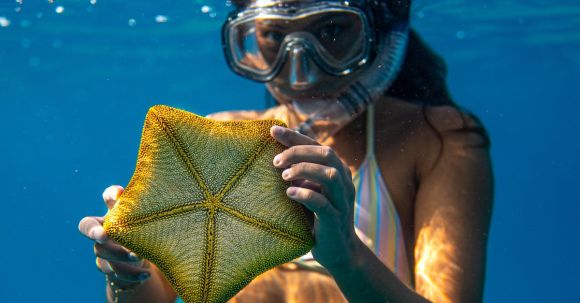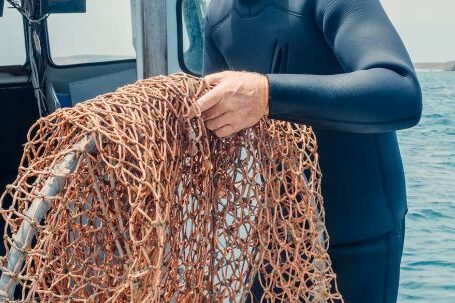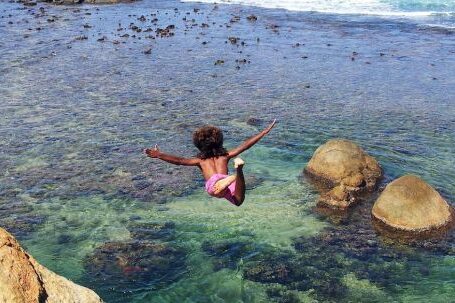Diving is an exhilarating sport that allows us to explore the underwater world. However, it is not without its risks. One common problem that divers often face is ear infections. These infections can be painful and uncomfortable, and if left untreated, they can even lead to hearing loss. Fortunately, there are steps you can take to prevent diving-related ear infections. In this article, we will discuss some effective strategies that can help keep your ears healthy and infection-free while diving.
Keep your ears clean and dry
One of the most important things you can do to prevent ear infections is to keep your ears clean and dry. After every dive, make sure to thoroughly dry your ears using a towel or a hairdryer on the lowest heat setting. Be gentle and avoid inserting anything into your ear canal, as this can cause damage and increase the risk of infection. If water does enter your ears during a dive, tilt your head to the side and gently tug on your earlobe to encourage drainage.
Use ear drops
Another effective way to prevent ear infections is to use ear drops before and after diving. These drops contain a mixture of alcohol and vinegar, which helps to inhibit the growth of bacteria and fungi. Before diving, put a few drops of the solution into each ear and allow it to sit for a minute or two. After diving, repeat the process to help eliminate any water trapped in your ears. It is important to note that you should not use ear drops if you already have an ear infection or a perforated eardrum, as this can make the condition worse.
Wear ear protection
Wearing ear protection while diving can also help prevent ear infections. There are a variety of options available, including earplugs and specialized diving hoods that cover the ears. These protective devices create a barrier between your ears and the water, reducing the risk of infection. Make sure to choose ear protection that fits properly and does not cause discomfort or interfere with your ability to equalize the pressure in your ears.
Equalize your ears
Equalizing your ears is an essential technique that every diver should master. It involves equalizing the pressure in your middle ear with the surrounding water pressure. Failure to equalize properly can result in barotrauma, which can lead to ear infections and other complications. To equalize your ears, pinch your nose shut and gently blow air out through your nose while swallowing. This action helps to open the Eustachian tubes and equalize the pressure. It is important to equalize early and often during your descent to avoid any issues.
Get regular check-ups
Regular check-ups with an ear, nose, and throat specialist can help identify any potential problems and ensure that your ears are in good health. These specialists can also provide guidance on how to prevent ear infections and offer personalized advice based on your diving habits and medical history. If you experience any symptoms of an ear infection, such as pain, swelling, or discharge, seek medical attention immediately to prevent further complications.
In conclusion, preventing diving-related ear infections is crucial for maintaining your ear health and enjoying your diving adventures. By keeping your ears clean and dry, using ear drops, wearing ear protection, practicing proper equalization techniques, and getting regular check-ups, you can significantly reduce the risk of ear infections. Remember, prevention is always better than cure, so take the necessary precautions to keep your ears infection-free and ensure a safe and enjoyable diving experience.





